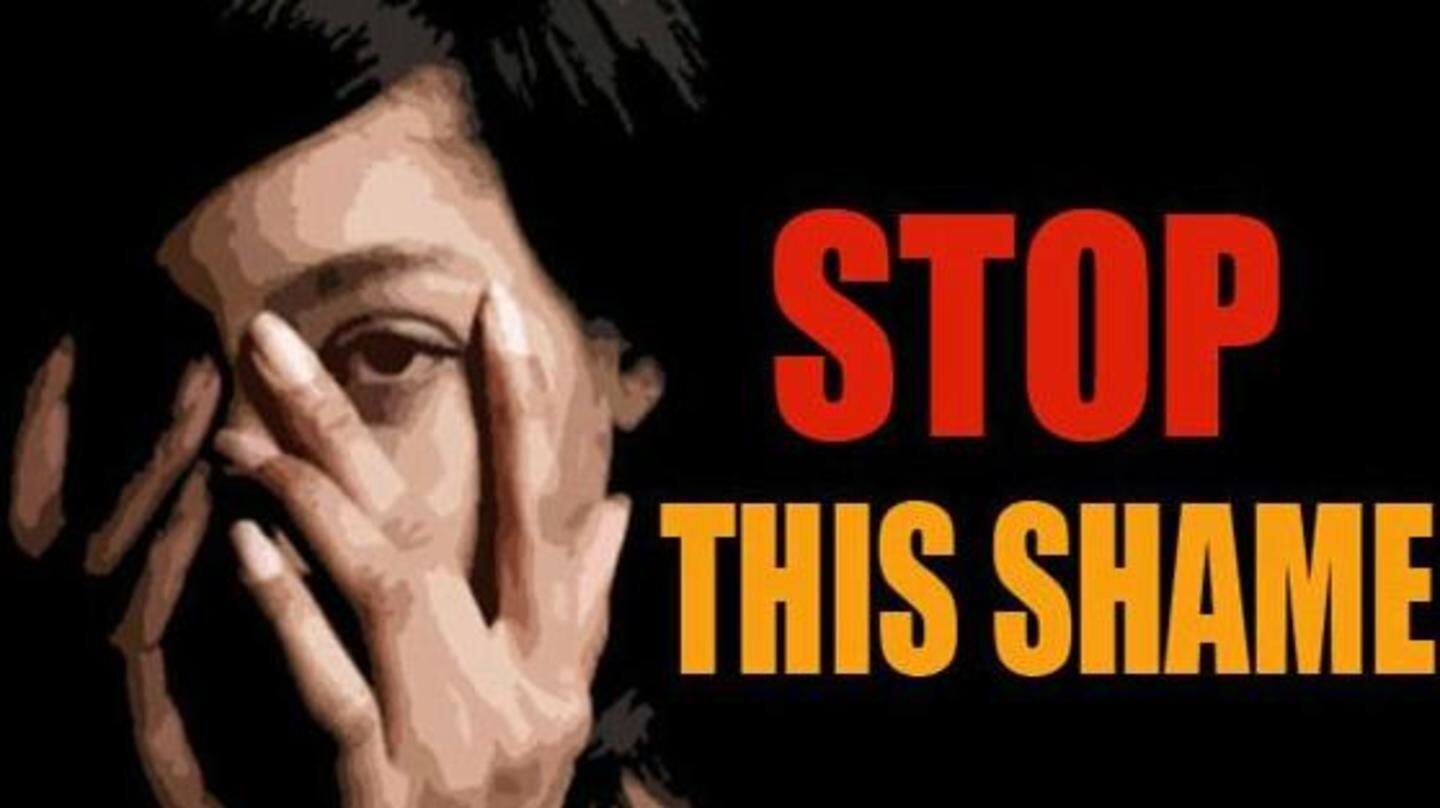
Kathua, Unnao: Has anything changed for India's women since Nirbhaya?
What's the story
On December 16, 2012, a paramedical student was brutally gang-raped on a bus in Delhi, an incident that forced India to confront the horrors of gender-based sexual violence prevalent in the country.
Now, almost six years and countless vigils later, the blood-curdling gang-rapes in Kathua and Unnao have shaken India once again.
Since Nirbhaya, has anything changed at all? Here, we take a hard look.
Law
Acid attack, voyeurism and stalking are now punishable offenses
The Criminal Law (Amendment) Act, 2013, greenlit after the Delhi gangrape, makes acid attack, sexual harassment and voyeurism/stalking punishable offenses, and has broadened the definition of rape to include sexual assaults other than vaginal penetration.
It has also raised the age of consent for women to 18 and introduced a new section called IPC Section 376A.
Definition
What is Section 376A?
It states that if a person committing sexual assault, "inflicts an injury which causes the death of the person or causes the person to be in a persistent vegetative state, shall be punished with rigorous imprisonment for twenty years term, but which may extend to imprisonment for life, or with death."
Convictions
Appalling conviction rates
As of 2016, the conviction rate for rape was shockingly low (25.5%) compared to all other cognizable crimes not needing a magistrate's permission for investigation (46.9% in 2015). It rose from 24.2% in 2012 to 29.4% in 2015 but fell to 25.5% in 2016.
According to the NCRB, only one in four rape cases resulted in conviction in 2016, the lowest since 2012.
Government spending
Dedicated funds for women safety
The Ministry of Finance set up a non-lapsable corpus Nirbhaya Fund in 2013 and earmarked Rs. 1000 crore for the empowerment and safety of women/girls in India.
As of January 2017, 16 proposals worth Rs. 2,187.47 crore had been appraised and recommended.
In March 2018, the central government approved projects worth another Rs. 2,900 crore to tighten women security in eight major Indian cities.
Schemes
Central government's schemes for better assistance to victims
One Stop Centre: Have been providing medical/legal/police support to sexual-assault victims under one roof since April 2015. 186 OSCs have been approved but as of January 2017, only 79 were operational.
Women helpline number: 181 has been designated as women helpline across India but was operational in only 18 States/UTs as of January 2017.
Mahila police volunteers: Only Haryana had them until last year.
Soul-crushing apathy
Safety only on paper, public spaces as dangerous as ever
Despite the brouhaha after Nirbhaya, rapes across India have continued to rise alarmingly, breaking through the facade of government initiatives.
Despite the laws, funds and schemes, an eight-year-old was gang-raped and brutally murdered in Kathua. Another, a 17-year-old in Unnao, was allegedly raped by a BJP MLA. Her father arrested when she demanded an investigation. He later died in judicial custody.
Has anything changed really?
Way forward
Narendra Modi's address gives hope
PM Modi condemned the rapes yesterday in an address that stands out for two reasons.
Instead of making tall promises, he held men accountable for their deplorable actions, asking mothers to condition their sons and not daughters.
He also promised justice. BJP MLA Kuldeep Singh Sengar, Unnao case's primary accused, was arrested shortly after.
It's a start. Let's hope the follow-up is as promising.